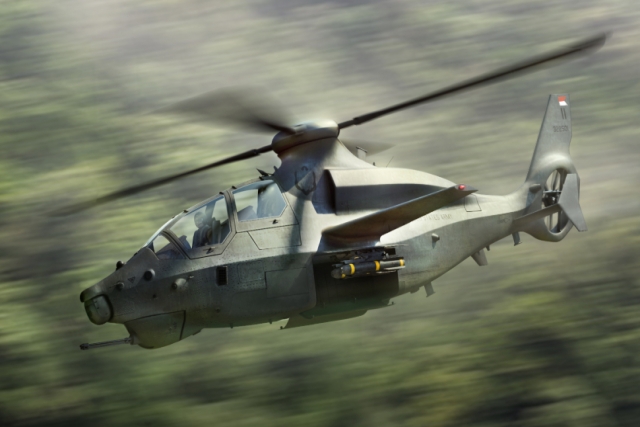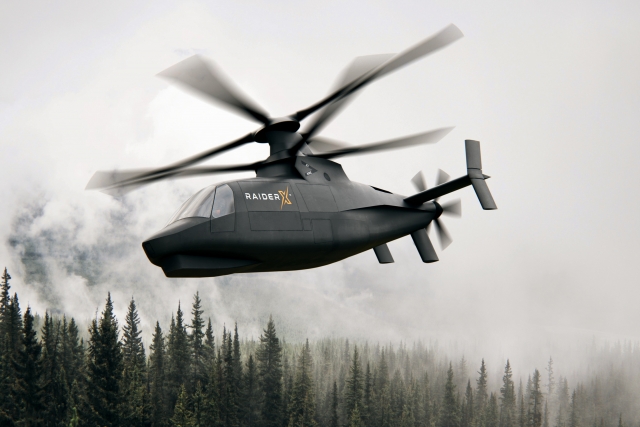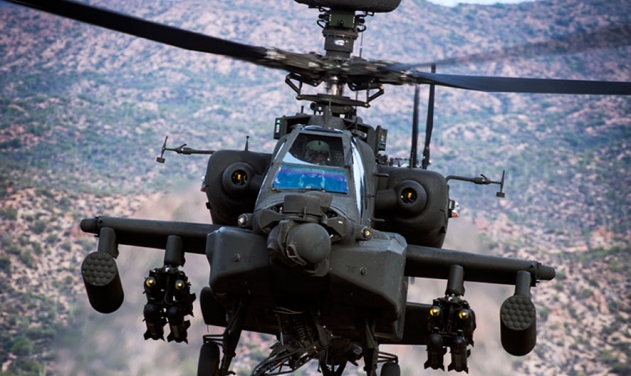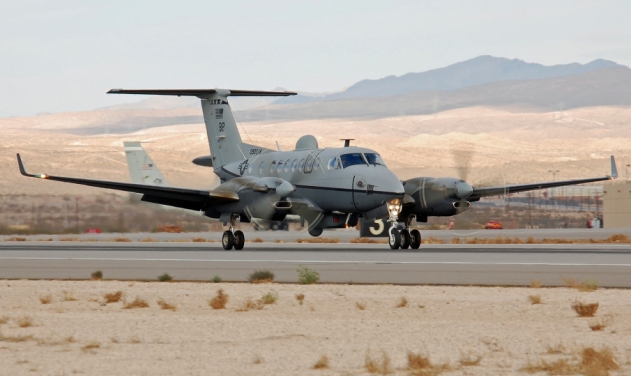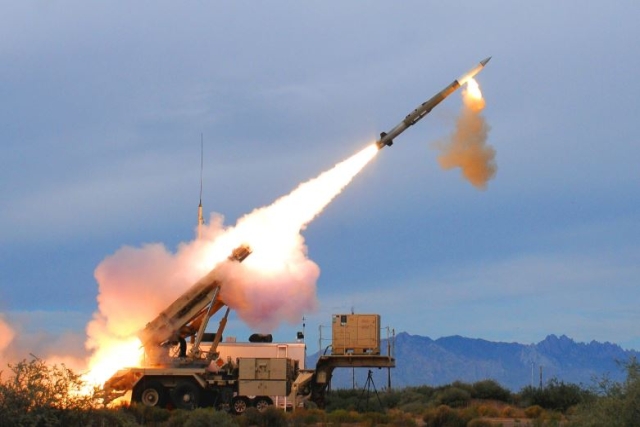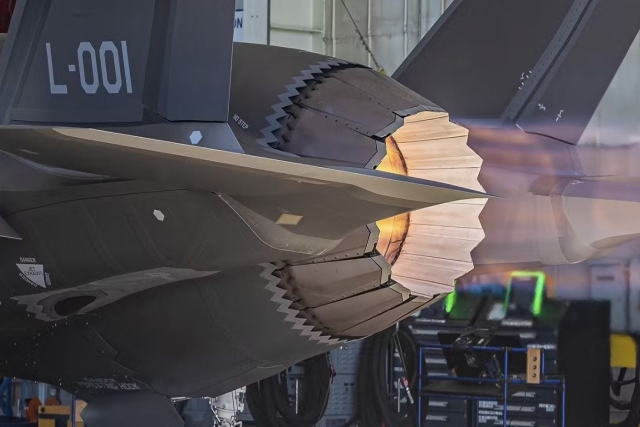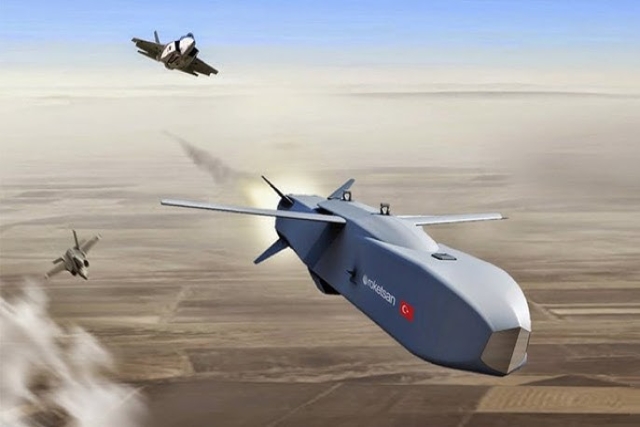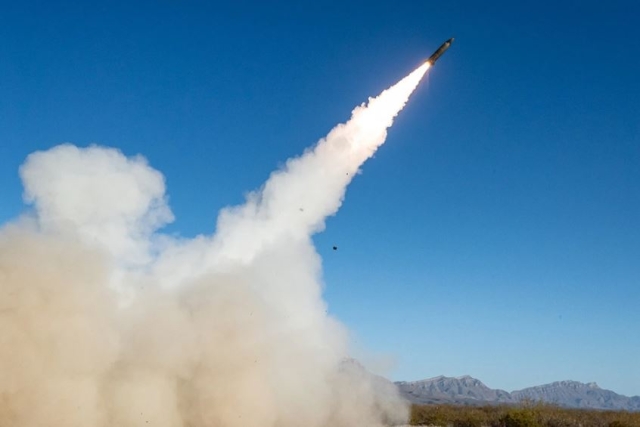U.S. Army Axes FARA Program Following Observations in Ukraine's Battlefield
We are learning from the battlefield, especially Ukraine, that aerial reconnaissance has fundamentally changed: U.S. Army
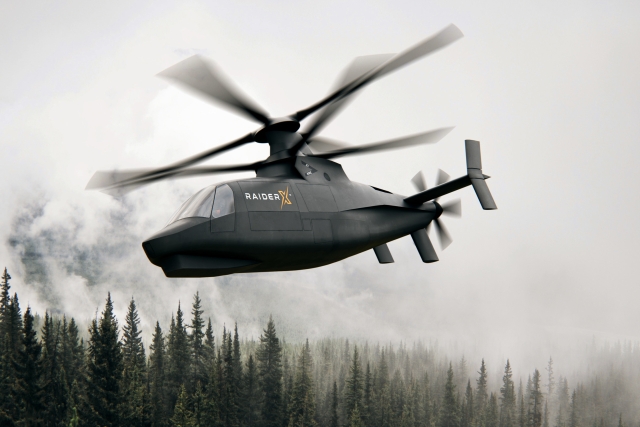
The U.S. Army has decided to terminate its ambitious Future Attack Reconnaissance Aircraft (FARA) program, a move attributed to observations on the battlefield in Ukraine.
This decision, marking one of the most noteworthy cancellations in the department's recent history, comes despite an investment of at least $2 billion and a requested additional $5 billion for the next five years.
Launched in 2018 with high expectations, the FARA program aimed to revolutionize the acquisition approaches for complex and costly weapon systems. Prototypes from industry leaders Bell Textron (Bell 360 Invictus) and Lockheed Martin’s Sikorsky (Raider X) were expected to take flight this year, bridging the gap in armed reconnaissance left by the retirement of the OH-58 Kiowa Warrior helicopter.
The termination of the FARA program has left industry partners disappointed, with Sikorsky and Bell Textron expressing confidence in their prototypes and disappointment in the Army's decision.
Thursday saw the Army's top acquisition officials outlining a new vision for its aviation strategy, not only discontinuing the FARA program but also scrapping its entire Shadow and Raven unmanned aircraft fleets. The Army’s inventory included over 575 Shadows and 19,000 Ravens.
Doug Bush, the Army’s acquisition chief, announced the decision to halt the deployment of the UH-60 Victor-model Black Hawk utility helicopter to the Army National Guard, opting instead for the UH-60 Mike-model, the latest variant used by the active force. The procurement of the next-generation helicopter engine has also been delayed. Resources freed up from these decisions will be redirected to bolster the Army's existing fleet, investing in Black Hawks, the latest CH-47F Block II Chinook cargo helicopter variant, the Future Long-Range Assault Aircraft (FLRAA), and research and development efforts to enhance unmanned aerial reconnaissance capability.
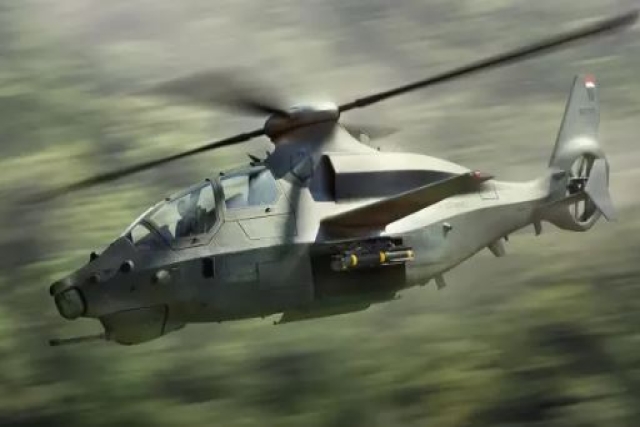
The shift away from a manned helicopter for armed scout missions is rooted in the evolving landscape of warfare, influenced by observations in the conflict in Ukraine. In a statement, Army Chief of Staff, Gen. Randy George said, “We are learning from the battlefield, especially Ukraine, that aerial reconnaissance has fundamentally changed... Sensors and weapons mounted on a variety of unmanned systems and in space are more ubiquitous, further reaching and more inexpensive than ever before.”
The Army plans to conclude FARA prototyping activities by the end of fiscal 2024, providing the service and industry with an opportunity to transfer technology development to other programs. While specific financial details were not disclosed, the Army intends to allocate more funds to reconnaissance Unmanned Aerial Systems (UAS) that are capable of surviving high-end fights, including the Future Tactical UAS and launched effects.
The retirement of a portion of the Shadow fleet, grown during the counterinsurgency years, and the aging Raven platform are part of the Army's broader plan to replace them with a Future Tactical UAS. After a competitive process, AeroVironment was initially awarded an $8 million contract in 2022, and the Army has since narrowed down the selection to Textron and Griffon Aerospace, both currently building prototypes in hopes of securing an FTUAS production contract.
